This website uses cookies so that we can provide you with the best user experience possible. Cookie information is stored in your browser and performs functions such as recognising you when you return to our website and helping our team to understand which sections of the website you find most interesting and useful.
mindset
podcast
plant-based tips
meal prepping
meal planning
listen now
Plant-based inspiration and wisdom for your nutrition journey
Plant Centered &
Thriving Podcast
Tune in!
learn more
My motto? Take it step by step. Everyone’s on a different journey, and nutrition never looks exactly the same for any two people. To build sustainable, healthful eating habits, I believe in a personalised approach that gets to the root of your unique needs and goals.
Your Registered Dietitian Nutritionist & plant-based eating advocate
hey! I'm Ashley Kitchens
I posted a Reel on Instagram in 2021 where I mentioned the “Noom” program. It sparked a lot of questions from my followers so I thought I would explain the research I’ve done regarding the program and why I think they are the same old diet dressing up as something new. Today, we discuss the problem with Noom.
I even went as far as to sign up for the program for the purpose of looking behind the curtain. I wanted to know what a prospective “Noom” consumer went through.
Before diving deeper into the topic, please be advised that this represents my personal opinion as a dietitian. When it comes to diet and lifestyle, different things work for different people. That being said, I did an extensive amount of research and have a lot of experience with diet culture from my clients – so my alarm bells just started ringing.
What’s Behind “Noom”?
Is “Noom” a diet or a lifestyle? You might have seen their ads saying, “Stop dieting now” or “get lifelong results.” So, how can this be just another diet if they specifically say that it is not? Well, slogans like this are tempting for consumers. Marketing is savvy, and it can really catch anyone’s eye. When I did my research into “Noom”, I found all the characteristics of a classic fad diet: Logging your food, calorie counting, weighing yourself as well as labeling foods as “good” and “bad.” This was not super shocking but it was upsetting – and it sounds like a classic diet to me!
“Noom” was founded in 2008 by two men, one of which is a tech entrepreneur, and the other of which is a Google engineer. No health professionals, that is, but people that know a lot about business and technology. From what I understand, today “Noom” is worth several billion dollars and it has had 50 plus million user downloads so far. It seems to be growing rapidly. A subscription to “Noom” costs around $59 a month – although you can try it for free for a week.
To sign up, you have to answer a questionnaire which essentially puts you into two categories – lose weight or get fit. Once you’ve filled in all kinds of data, it finally gives you a statistic saying that 78% of new users have sustained weight loss over nine months in a 2016 study – sounds successful, but most people don’t stick with these kinds of diets for more than a year at max.
Whatever data you enter, the app tries to address you as directly as possible to get you interested: “It’s talking to me. It’s using language that speaks to me like successfully lose weight.” After those few minutes to get set up, it was clear to me: The entire purpose of “Noom” is intentional weight loss. And intentional weight loss equals diet.
The interesting thing is, that the app never asked me if I wanted to lose weight. They just assumed. They asked for a specific future event, and that was enough, apparently. To sum up: “They claim to be a behavioral change program, so that hooks in a lot of people because that type of marketing, that type of language, that’s really appealing.”
The Behavioral Approach
Remember who founded “Noom”? Two people from the tech industry. It uses a lot of smart terminologies, which is really speaking to people. But not only is it appealing, but it also preys on people’s weaknesses. And we can all agree that there are a lot of those surrounding body image and diet.
Luckily, I am not the only medical professional whose red flags go up when thinking about “Noom”. I’ve come across a clinical psychologist and an eating disorder specialist, who had this to say about the company: “Noom differentiates itself in the crowded weight loss space by its resilience on psychological principles of behavior change and a signature coaching program. Each user is assigned a coach to guide you through the weight loss process and uses techniques from cognitive behavioral therapy. But guess what? […] Psychologists also don’t know how to help people lose and maintain significant amounts of weight long term. […] So, I don’t see how this coaching aspect makes the program any less of a diet or any less harmful, for that matter.”
As you can tell from this, body size is not behavior. Weight and size are not an indicator of health. Someone in a bigger body is not “unhealthier” then someone in a smaller body and vice versa. Weight is simply not an indicator of health – even if that is what “Noom” would like you to believe.
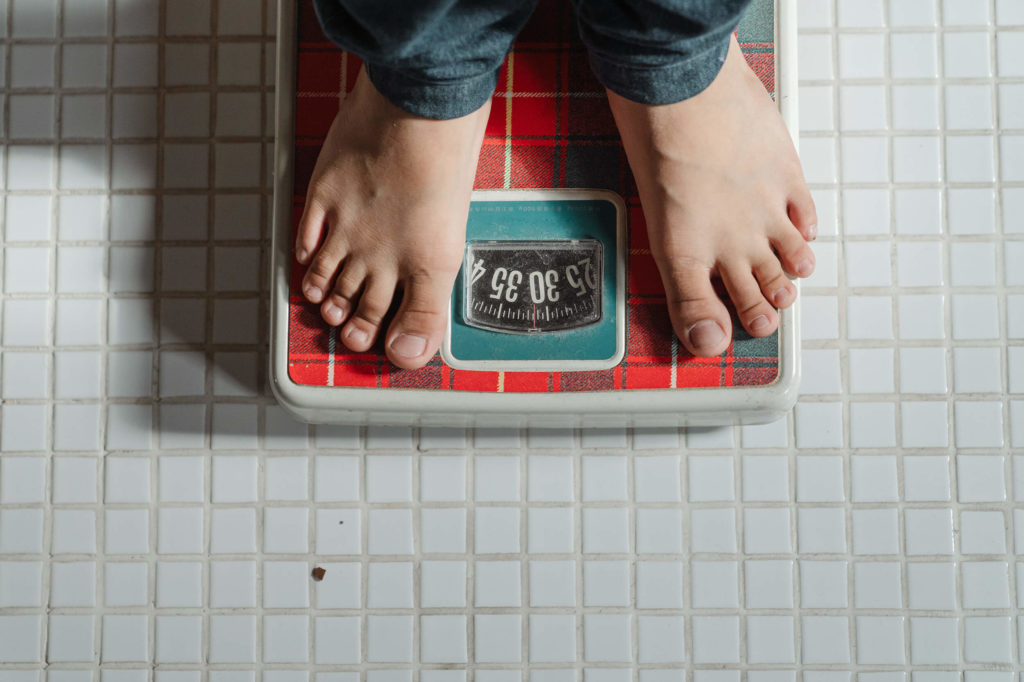
The Problems with Diets
Diets do work – for a short period of time.
But they are not sustainable. Typically, people start gaining weight again in less than a year – and often end up with more weight than what they started with. This can lead to chronic dieting, yo-yo dieting – gaining weight, losing weight – and this is really hard on our bodies, too. When we think about health, we have to take that into account, too.
So, how does “Noom” handle dieting that isn’t dieting? They use a stoplight system, which is by no means anything new, even though that is what they claim. You log your food daily and it seems like you also have to weigh yourself regularly. That logged food is then being put into groups that are either green, yellow or red. And we all know which of these are “good” and which ones are “bad”. This is also based on the calories that the app gives to you.
I’ve heard of women being put on no more than 1200 calories a day – which is not even enough to support their daily vital functions, let alone give them enough energy and nutrients for the whole day. And if you are to go over your allowed calorie amount, then the red alert is coming up – you’ve failed!
The funny thing is that, even though they use the traffic light system, “Noom” still claims that there are no forbidden foods. But it still creates hierarchy and demonizes certain foods or food groups: Nuts and seeds? Maybe not. Are you sure you want that brownie? Maybe have a salad instead…
What is the problem with this, you might ask? “It completely disrupts our ability to connect with our body, what it wants. It creates this huge disconnect and just perpetuates this cycle of dieting over and over and over again.” There just are no good or bad foods.
Say NO to the Diet Mentality!
These diet companies are having to get so savvy with their marketing, their language and how they sell things. They stay away from words like “diet” or “weight loss” – remember the rebranding of “Weight Watchers” to just “WW” – but what you really have to ask yourself is: who is profiting off the insecurities, body dysmorphia and your relationship with food? They are!
“Noom” puts you into a box, it doesn’t know you as an individual. It doesn’t know your needs, your wants, your desires, your passion, your purpose. And this is why I encourage people if they are going to invest money in something, don’t invest your money in another diet or even in your first diet. Invest your time, your energy and maybe your money in someone who truly cares about you, about your longevity and about you as a person. Someone who is willing to help you reject diet culture and the diet mentality. That way you can live a happy, confident life!
Diets just do not work and “Noom” is by no means an exception!
Listen to the podcast episode
IF YOU LOVE US, TELL US:
If you enjoyed this episode, go ahead and hit SUBSCRIBE. There is a new episode every Monday. Click here to subscribe on iTunes.
And if you’re feeling generous, take a few seconds to leave The Plant Centered and Thriving Podcast a review on Apple Podcasts. Hearing what you think helps me to curate the best content possible that will benefit YOU. So all you do is click here to review, click “Ratings and Reviews” and “Write a Review.”
Relevant Links:
Leave a Reply Cancel reply
more to explore
more to explore
Get weekly guidance to support your plant-based journey while strengthening your relationship with food, including weekly plant-based recipe ideas, tips, encouragement and so much more.
Join our newsletter
want blog updates?
explore
Founded by registered dietitian Ashley Kitchens, Plant Centered Nutrition shares approachable, evidence-based insights to inspire a balanced, plant-forward lifestyle. Ashley partners with brands, podcasts, and publications to show that healthy eating doesn’t have to be complicated—it just has to feel good and fit your life.
making plant-based eating easy, joyful, and realistic.
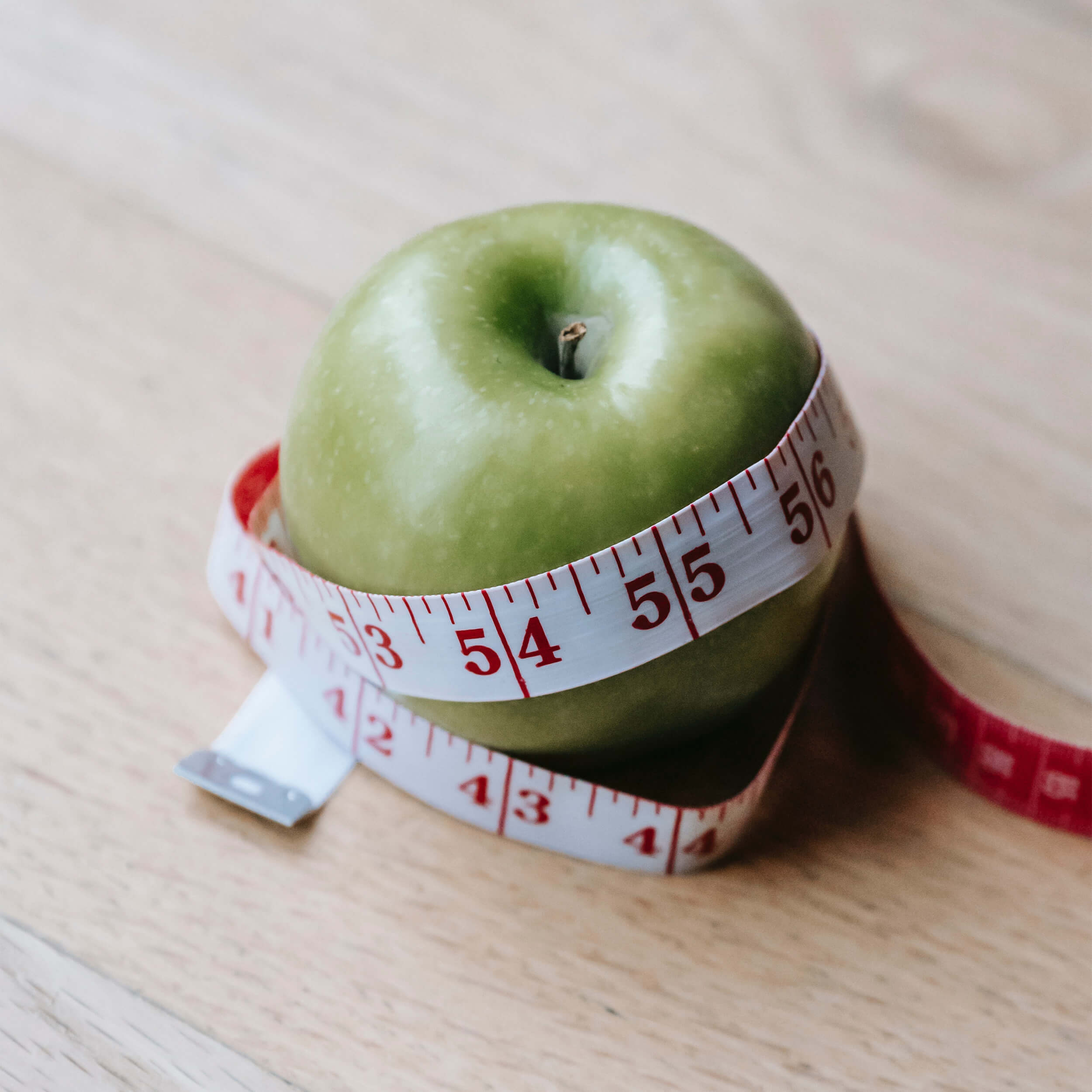


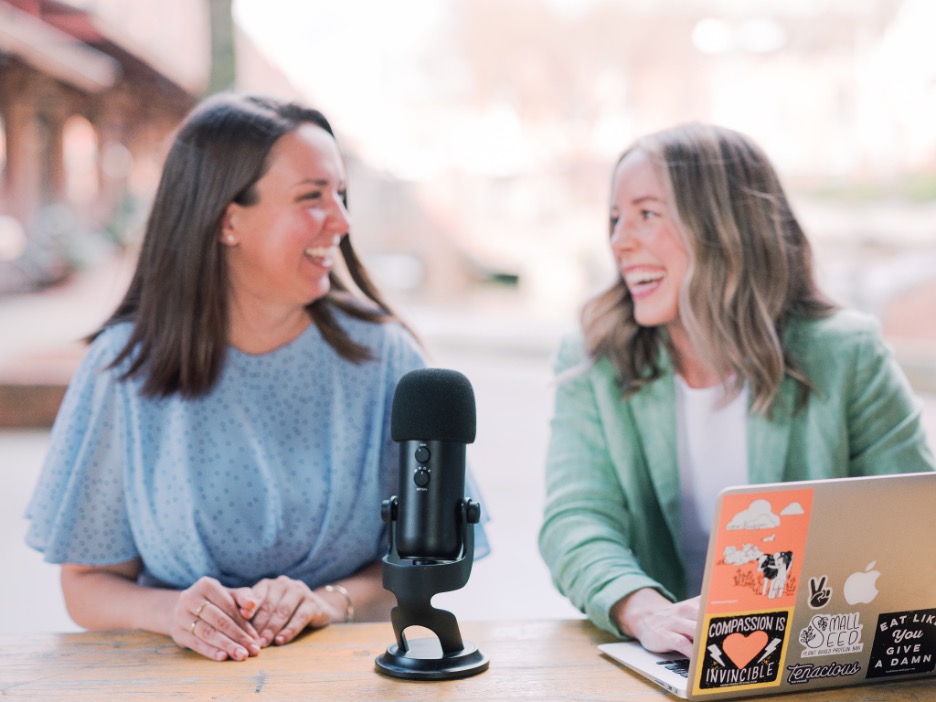



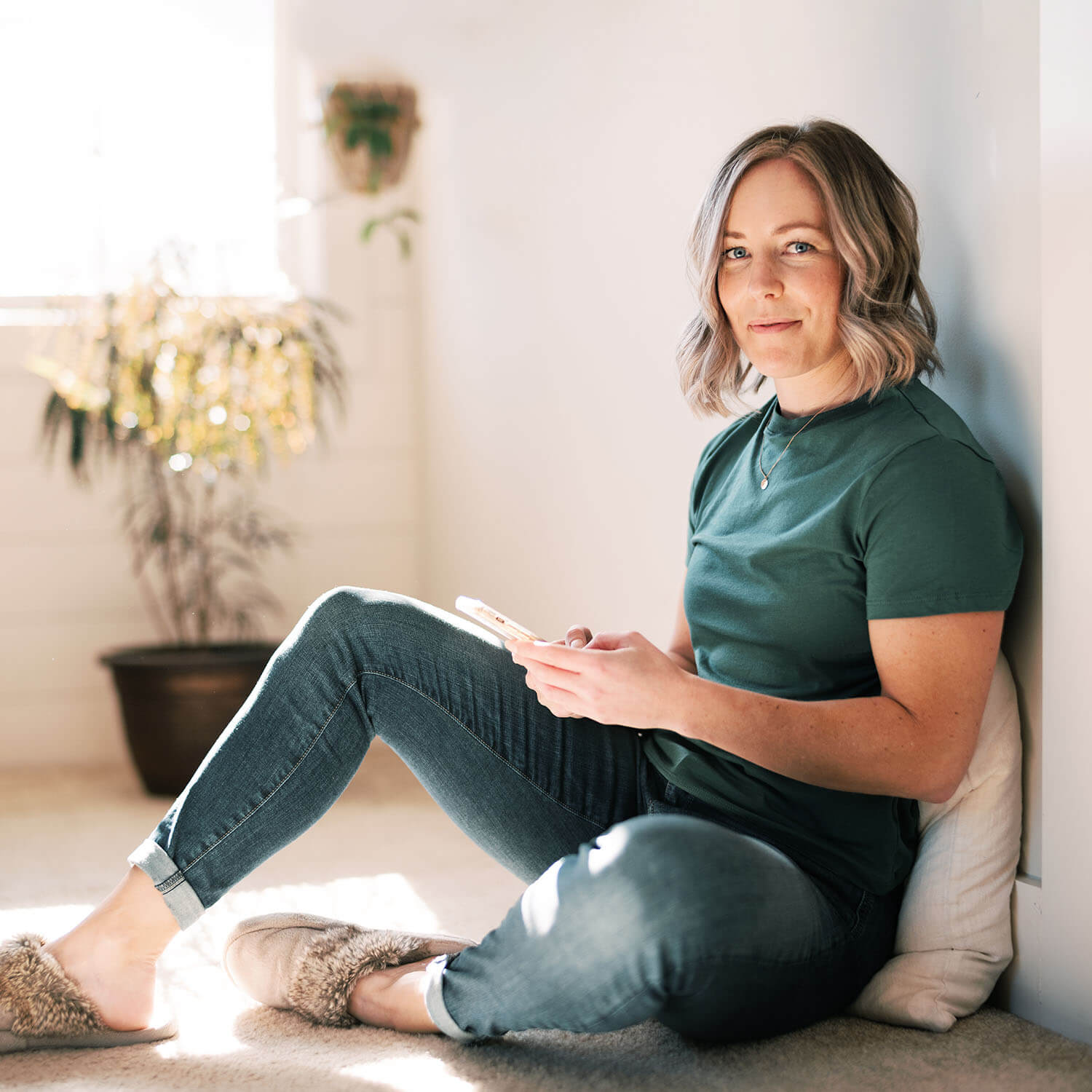

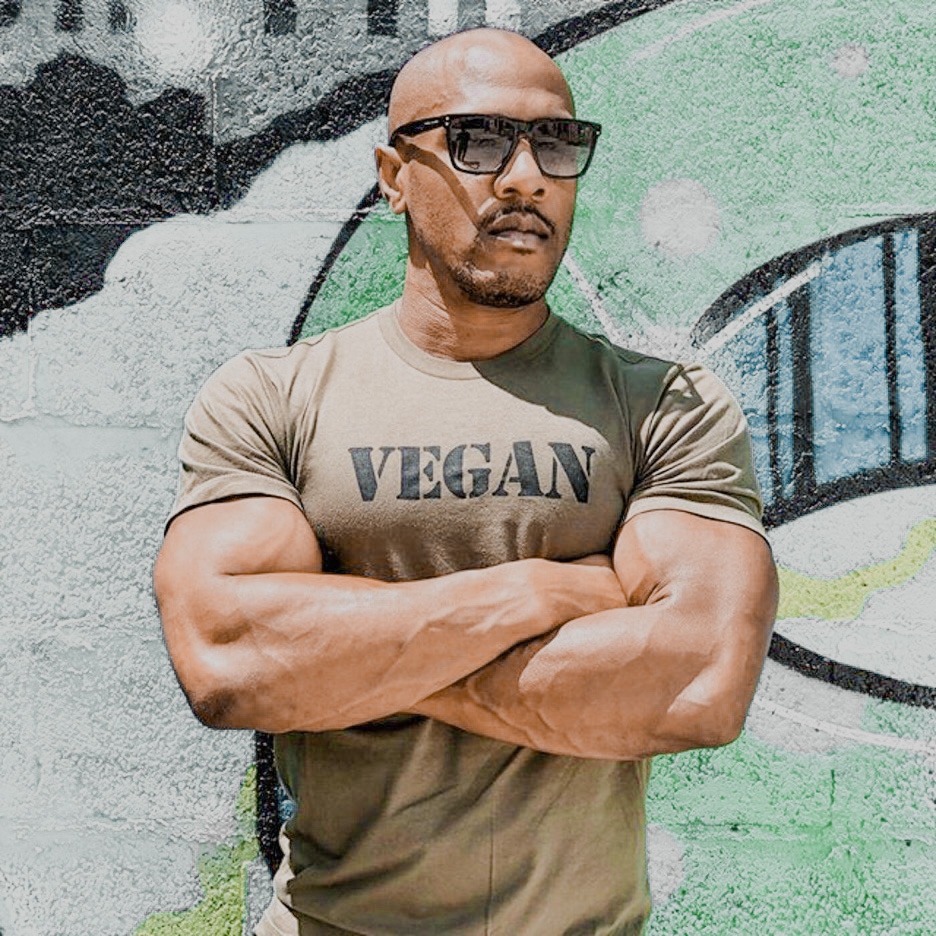

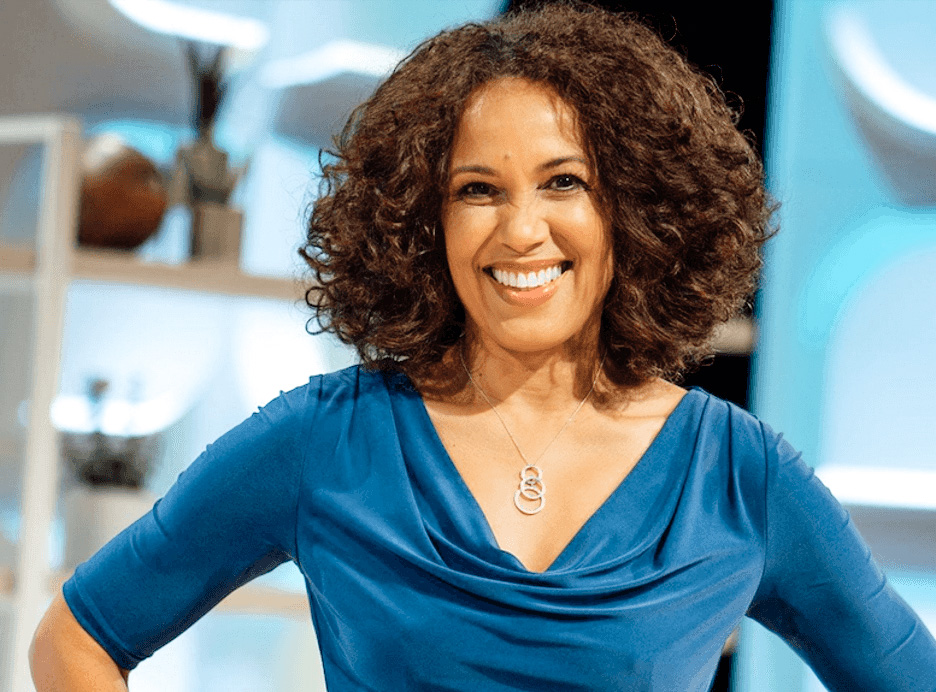






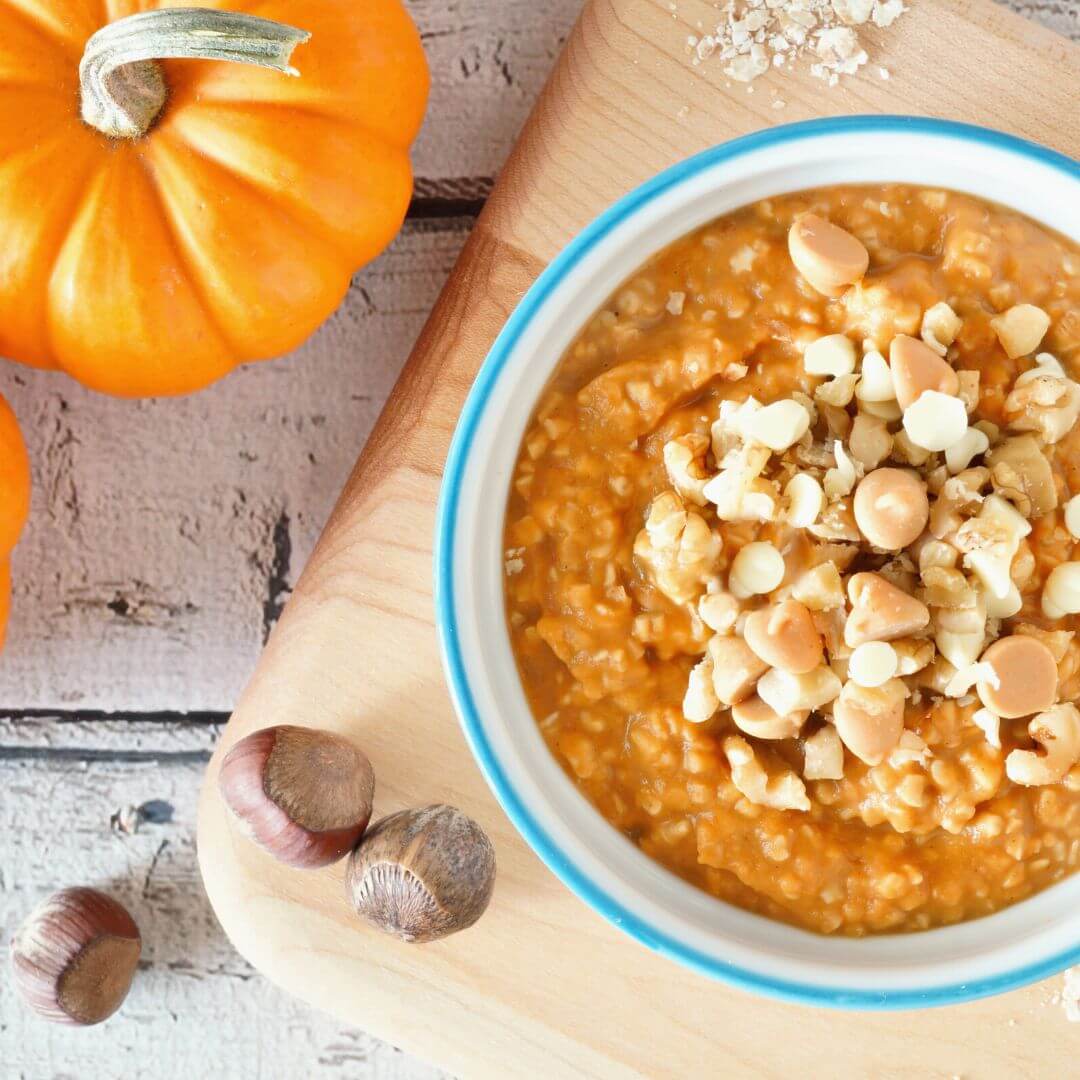


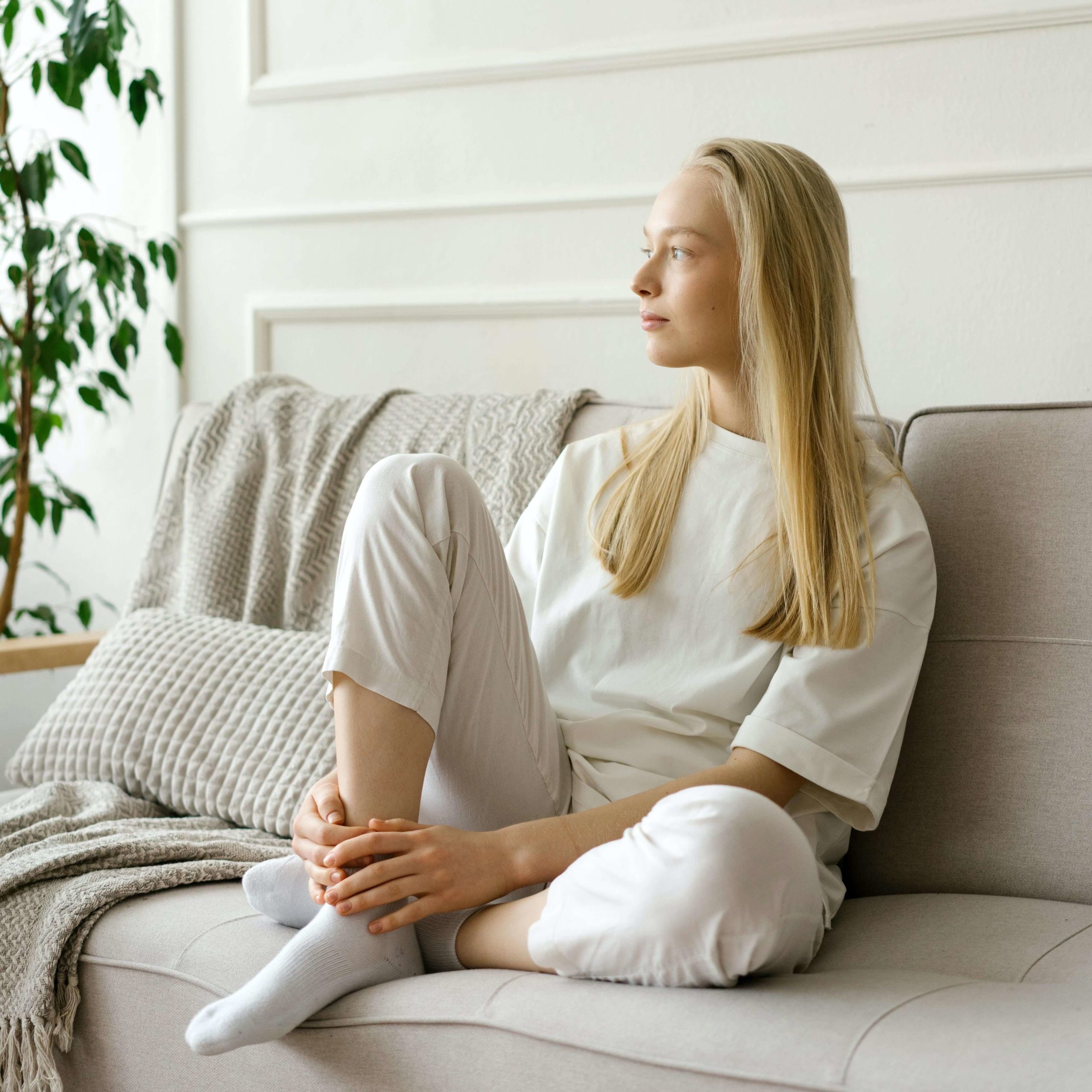
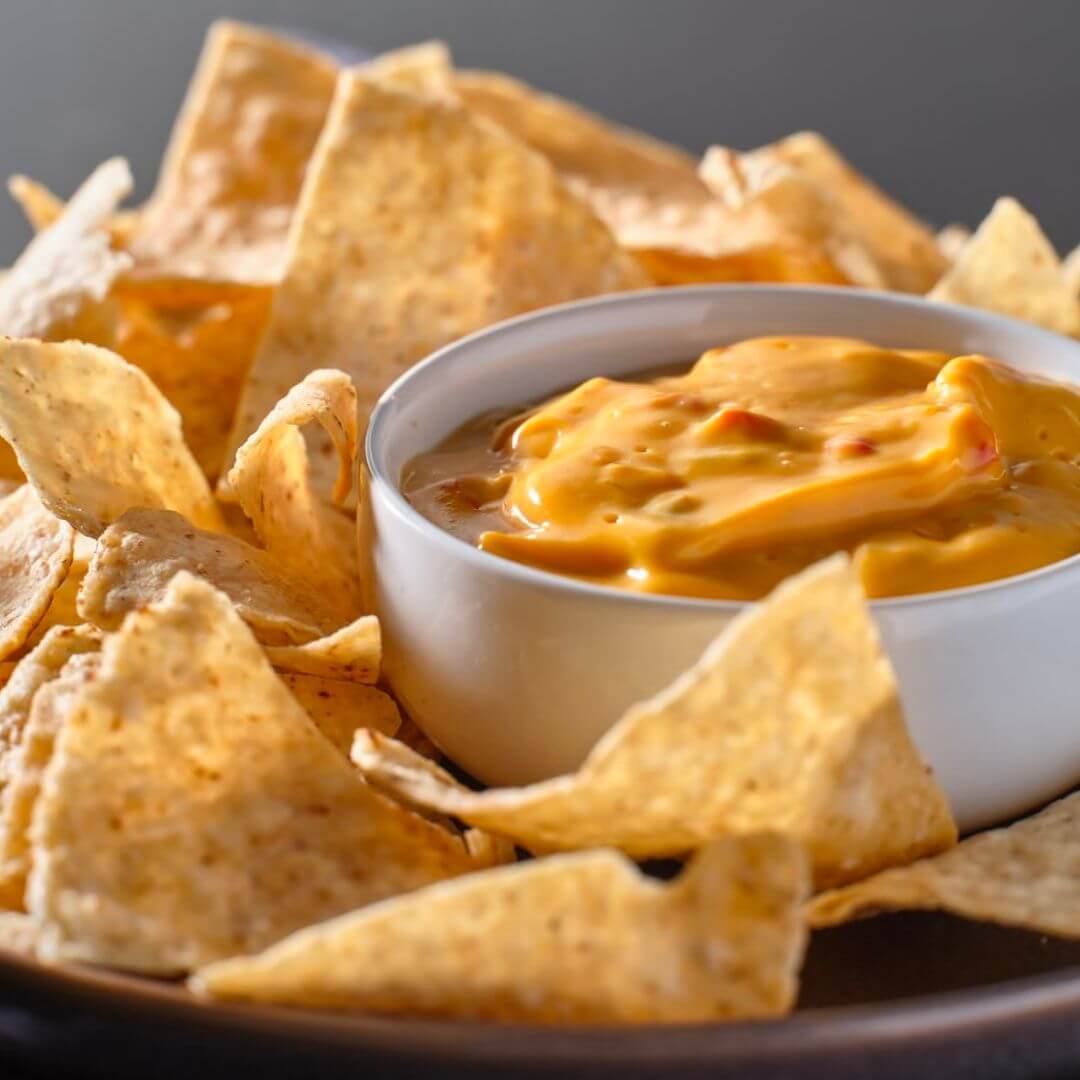



share
click to LEAVE A COMMENT